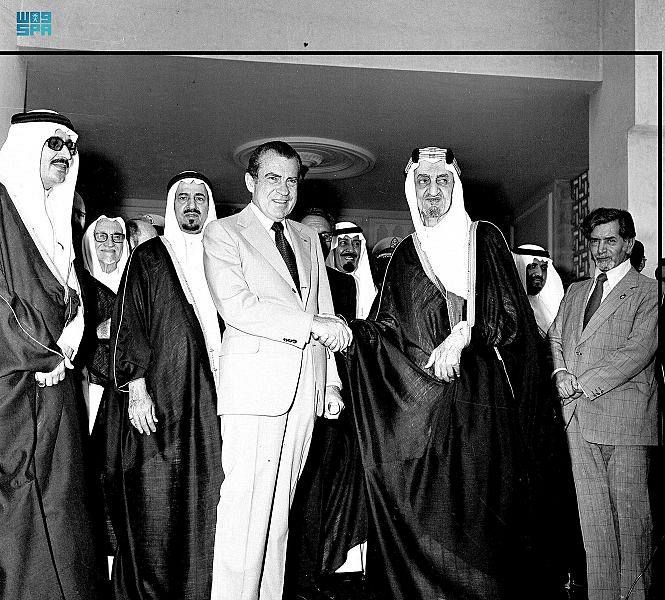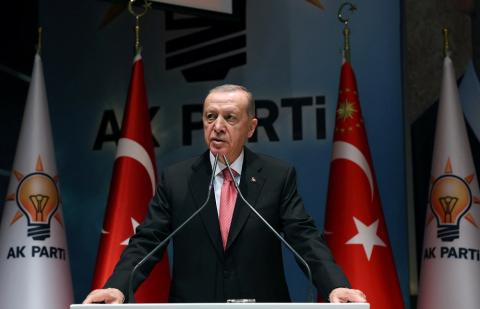
Turkish President Recep Tayyip Erdogan and his Russian counterpart Vladimir Putin met in Sochi late last month. Following the meeting, the two leaders deviated from their usual practice of holding a joint conference or making statements to the media. Both Erdogan and Putin had given signals beforehand that the meeting would be held entirely one to one. This advance notice clearly signaled that the content of the discussion would include subjects they did not want to share with the public.
There has been much speculation about what might have been discussed during the closed-door session. They include subjects such as Turkey’s purchase of a new S-400 air defense system from Russia, the construction of two additional nuclear power stations, cooperation in the defense industry and on warplanes, submarines and the space industry, and many other subjects. These subjects need not be discussed behind closed doors. On the contrary, they have to be publicized in order to demonstrate the level of cooperation between the two countries.
The most likely reason for the confidentiality was an agreement on the critical developments in the northwestern Syrian province of Idlib, where the Syrian army has stepped up its attacks against the terrorist organization Hayat Tahrir Al-Sham. Turkey has more than 30 military detachments scattered in various points around this province. Radical opposition factions settle down in areas close to these Turkish detachments because they believe the Syrian army wants to avoid unnecessary confrontation with the Turkish army. However, this exposes the Turkish presence to risks and three of its soldiers were killed last month.
The most important reason for Turkey’s military presence in Idlib is to interrupt a Kurdish corridor that would run all the way from Iran to the Mediterranean. Russia is inclined to tolerate a temporary Turkish military presence in the province, but does not want to see it embedded in Syria, as Moscow considers Damascus to be a future client.
An agreement was reached in 2018 in the Kazakh capital of Astana (now renamed Nur-Sultan) between Turkey, Russia and Iran, resulting in a ceasefire and the creation of a deconfliction zone in Idlib. Both Turkey and Russia are failing their deconfliction duties to a certain extent. Ankara proved to be too slow in disarming the radical factions, while Moscow has attacked members of the armed opposition without paying much attention to the fact that civilians were also being hit.
On his way back from Sochi, Erdogan told journalists that Turkey remains committed to every decision adopted with Russia on Syria and that there was no stepping back. Meanwhile, Russian Foreign Minister Sergei Lavrov said last week that “these terrorist groups need to be removed from Idlib in whatever guise, and the sooner this is done, the better.” Since both sides claim they have fulfilled their promises, this means there is no full agreement.
The headline statement about the summit came from Aleksandr Dugin, a close adviser to Putin and one of the top Russian experts in geopolitics. The day after the summit, he made a statement that attracted more attention than the meeting itself. He said on the Turkish TV channel Ulusal Kanal and in two Turkish language newspapers, Aydinlik and Turkiye, that the two leaders are drawing up a new road map for the region. He said that Erdogan understood the importance of Crimea for Russia and Putin noticed the importance that Turkey attaches to the solution of the Cyprus problem. He hinted that, if Turkey were to change its position on Crimea, Russia might recognize Turkish sovereignty over northern Cyprus.
Russian state traditions do not easily allow a presidential adviser to disclose his personal opinion without clearing it first with the state bureaucracy. Therefore, if Dugin voices Putin’s views with this statement, it may be a tectonic move for the region.
Turkey strongly supports a two-state solution on Cyprus, with the Ankara-backed government controlling the north of the island and a Greek Cypriot state in the south. If this solution were to be supported by Russia, it may open the way for northern Cyprus’ recognition by other countries. If, on the contrary, Moscow supported the reunification of the island, this united Cyprus would automatically become a member of the EU and possibly a NATO member in the long run.
If such a deal was in fact negotiated during the Erdogan-Putin summit, it would have far-reaching repercussions for Turkey’s domestic policy. In view of the steadily declining political support for Erdogan, such a deal could cause a dramatic increase in his favor.
Due to the confidentiality of the summit, we do not know whether any decisions were made on Idlib or Cyprus, or even both. If so, it definitely deserves such confidentiality, because these moves could redraw the geostrategic map of the Mediterranean and the Middle East.












